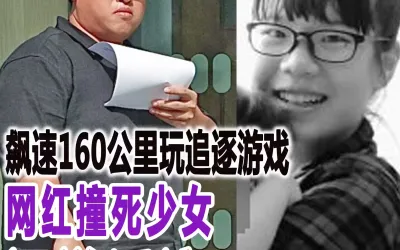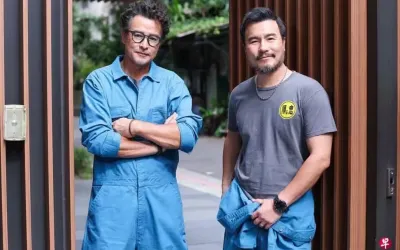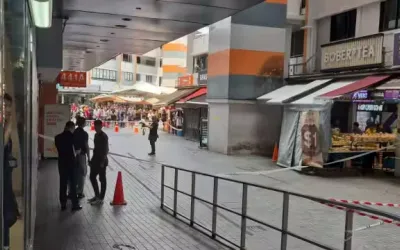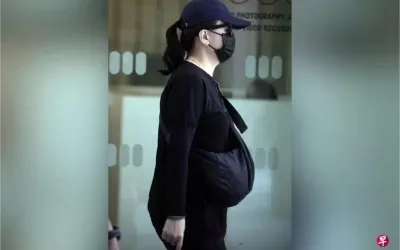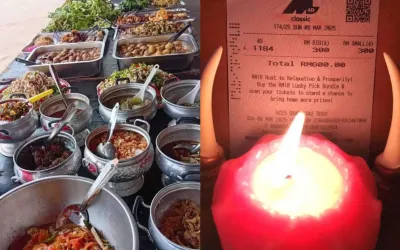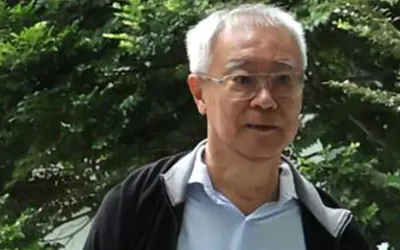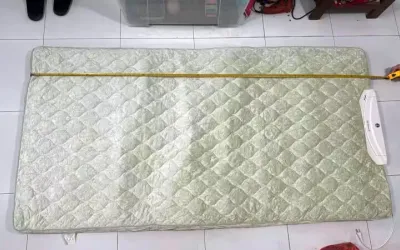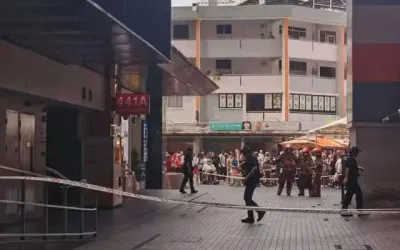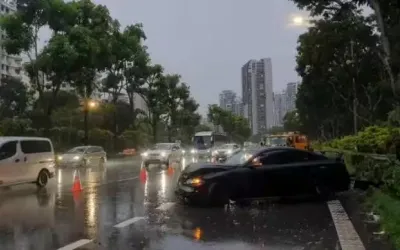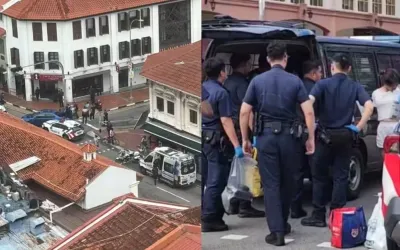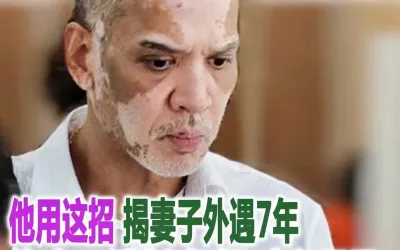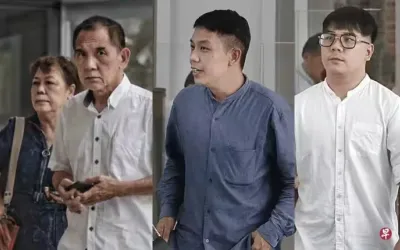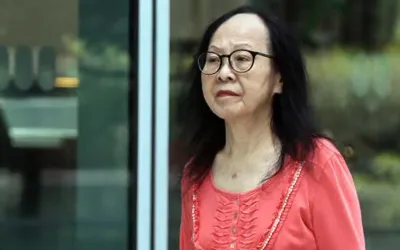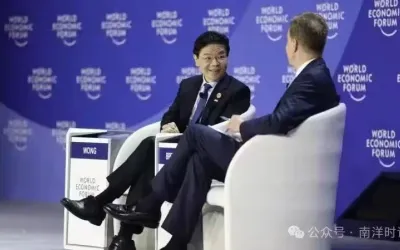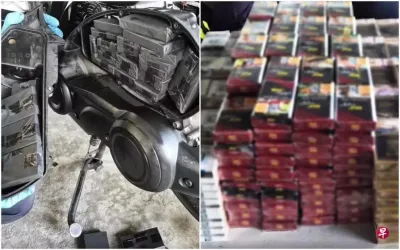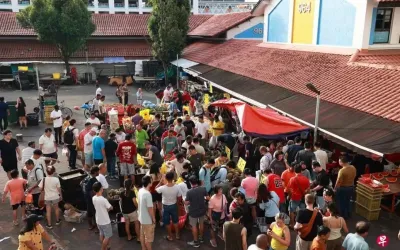This is a reset in the Government's policies and, just as importantly, a reset of Singaporeans' views and attitudes. We will regularly review the scheme to ensure that we provide necessary support to the involuntarily unemployed.
Mr Speaker: Mr Liang Eng Hwa.
Mr Liang Eng Hwa (Bukit Panjang): Mr Speaker, there are two supplementary questions for the Minister. Sir, for many years, the People's Action Party (PAP) Members of Parliament (MPs) and the Labour Movement have asked for support assistance for the jobseekers. I remember even during my first term as an MP in this House, this was also raised. So, I am glad that the Government has finally made the move. Can I ask the Minister, why now?
The second question is: under this scheme, the criteria have been tightly structured, such as with the salary cap of $5,000, the annual value of not more than $25,000, the financial relief is also for a maximum of six months. So, can I ask the Minister how the Ministry determines the sufficiency of this scheme to help jobseekers and whether it will achieve the outcomes that we have set out to achieve?
Dr Tan See Leng: I thank Mr Liang Eng Hwa for his two supplementary questions. Why is the scheme being introduced now? We started looking at it a number of years ago and, as a result of our Forward Singapore conversations, we have also sought feedback from many of our fellow Singaporeans on the design of the scheme. We have also learnt from many other countries, in terms of their own unemployment benefits for their respective citizens. And we eventually sized up the Jobseeker Support scheme, which is really about also renewing and refreshing the social compact. If we look ahead, the pace of change and disruptions will only accelerate. We may see a higher incidence of job displacements due to factors beyond an individual's control and even as they build their career health.
So, because of the multiple dialogues we have had, we have heard calls from Singaporeans for greater assurance in dealing with involuntary job loss. So, the reset, as I have mentioned, is now. The scheme marks a paradigm shift for the Government. We have taken the time to study the scheme carefully to ensure that we avoid the pitfalls seen in unemployment insurance schemes overseas where it can lull individuals into a false sense of security by making it more attractive for them to stay unemployed. We took in the different feedback from our tripartite partners, businesses and the public in the eventual design of the scheme. And having said that, our assurance is that we will continue to review the parameters of the scheme. In our sizing of this scheme itself, we have targeted the scheme at the lower- to middle-income worker earning up to $5,000 per month. Our median monthly wage is about $4,500-plus.
So, we have sized it for the lower- to middle-income worker earning up to $5,000 per month before becoming involuntarily unemployed. So, this is sized at just above the median monthly income of resident workers, as this is the group that is more likely to face some financial pressure.
We also used the annual value of residential property as a proxy to determine households' wealth because this is, again, similar to other Government support schemes that provide higher benefits to individuals or households with lower means. This threshold of $25,000 for the Jobseeker Support scheme is aligned with other schemes, such as the GST Voucher scheme, and it covers about 75% of residential properties, including all HDB flats. And as I have said, for the six-month duration of payouts, we think it provides sufficient assurance for jobseekers to find good fitting jobs and at the same time, it encourages them to re-enter the workforce in a timely manner.
So, this is the first step. I want to reiterate that we will regularly review the scheme to ensure that we provide the necessary and needed support for the involuntarily unemployed residents.
Mr Speaker: Mr Henry Kwek.
Mr Kwek Hian Chuan Henry (Kebun Baru): Mr Speaker, I thank the Minister for his response. I appreciate the design of the SkillsFuture Jobseeker Support scheme as our people need not pay an insurance premium to benefit from it. I also note that many Singaporeans have family members who are PRs and they will benefit.
I would like to ask a supplementary question. Notwithstanding the fact that we have to tightly control the criteria as we roll this landmark programme out, can the Government consider appeals for Singaporeans in private estates, with deserving circumstances, such as those living in households with a low per capita income – large households, I mean – those with limited housing equity and those who do not own the private housing that they live in?
Dr Tan See Leng: I thank Mr Henry Kwek for his supplementary questions. I want to reassure the Member that we will consider individuals who do not meet the eligibility criteria on a case-by-case basis. The first part on eligibility checks, as I have shared earlier on, based on whatever Government data we have, will be automatic. But for those who want to appeal, we will consider them on a case-by-case basis.
HQ丨编辑
HQ丨编审
新加坡国会丨来源

